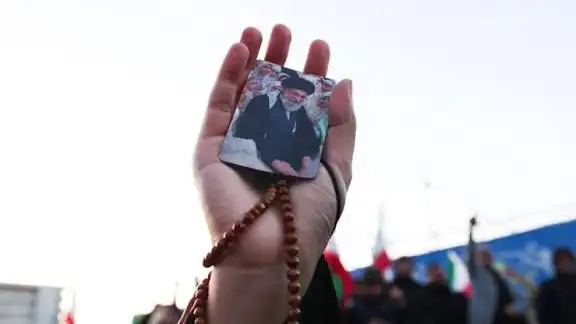Bolivia’s Congress erupted into chaos on July 3, 2025, during a contentious debate over proposed lithium extraction contracts with Chinese and Russian firms, potentially valued at $2 billion. Energy Minister Alejandro Gallardo was physically attacked, being doused with water and pelted with garbage, as he attempted to defend the agreements. Opposition lawmakers and supporters of former President Evo Morales disrupted the session, arguing that the contracts were unfavorable to Bolivia and lacked sufficient benefits for the state and local communities. Critics also raised concerns about potential environmental damage resulting from the projects. Legislators and civic leaders from the mineral-rich Potosí region joined the protests, warning of mass mobilizations if the deals proceeded. The session devolved into scuffles, shouting, and physical altercations, highlighting deep political divisions and public concern over the exploitation of Bolivia’s natural resources.
The proposed agreements include a $970 million contract with Russia’s Uranium One Group and a $1 billion deal with China’s CBC consortium, which includes battery manufacturer CATL. Both projects aim to build lithium processing plants in the Uyuni salt flat, one of the world’s largest lithium reserves. The Bolivian government would hold a 51% stake in the ventures, with plans to produce 35,000 metric tons of lithium annually.
Despite Bolivia’s vast lithium resources, the country has struggled to develop a viable lithium industry due to political instability and technical challenges. The government’s push to fast-track foreign investment has intensified tensions, with opposition figures accusing the administration of prioritizing self-interest over national welfare. President Luis Arce has warned that delays in approving the contracts could result in a decade-long setback for Bolivia’s lithium production, potentially leading to the obsolescence of the resource as alternative clean energy sources emerge.
The controversy has also sparked legal challenges. In June 2025, a Bolivian court issued precautionary measures halting legislative proceedings on the lithium contracts, citing the lack of prior consultation with indigenous communities and environmental impact assessments. The court ordered that no work or administrative processes related to the deals be initiated until Bolivia ensures full compliance with environmental regulations, human rights standards, and indigenous protections.
Community organizations and environmental groups have voiced strong opposition to the agreements, arguing that they lack transparency and could lead to severe environmental damage and economic losses. They emphasize the need for comprehensive consultations with local communities and thorough environmental impact assessments before proceeding with such large-scale projects.
The situation underscores Bolivia’s ongoing struggle to balance the exploitation of its natural resources with political stability, environmental sustainability, and social equity. The outcome of the current turmoil will significantly influence Bolivia’s future in the global lithium market and its broader economic development.












This is insane! Why are we selling off our resources like this? Bolivians deserve better than chaos and shady deals.
I cant believe the chaos over lithium contracts! Is it worth it? Whats your take on this drama? Lets discuss!
Cant believe the chaos over lithium contracts! Bolivia needs to prioritize transparency and listen to the people. #BoliviaLithiumDeals
Isnt it crazy how a simple business deal can lead to chaos and protests? Politics is a wild ride!